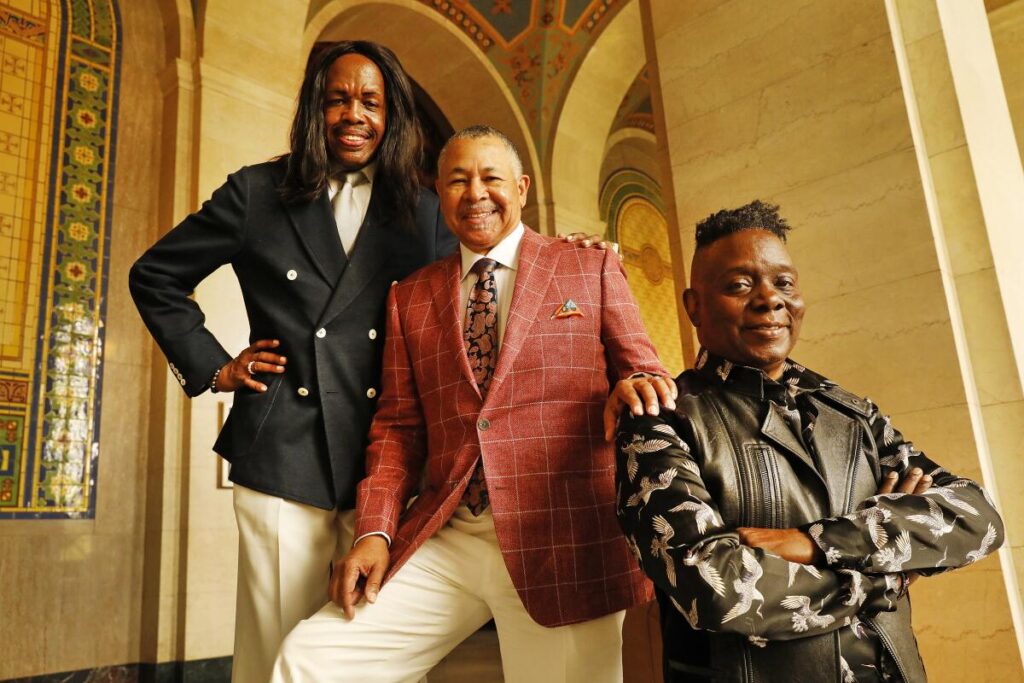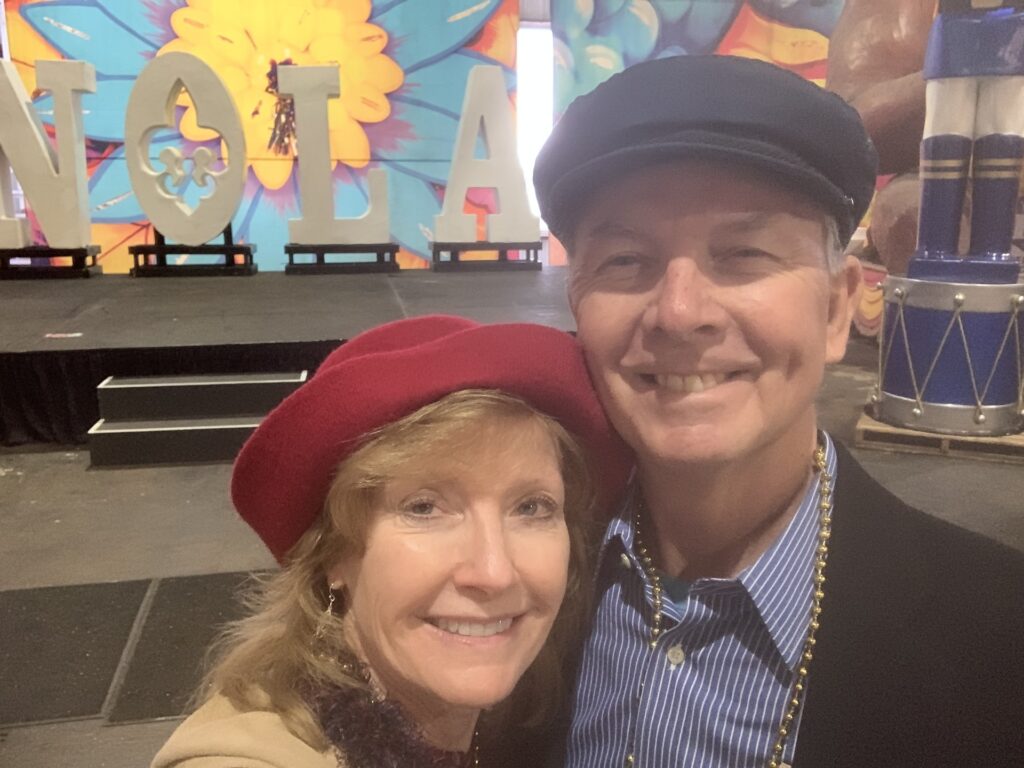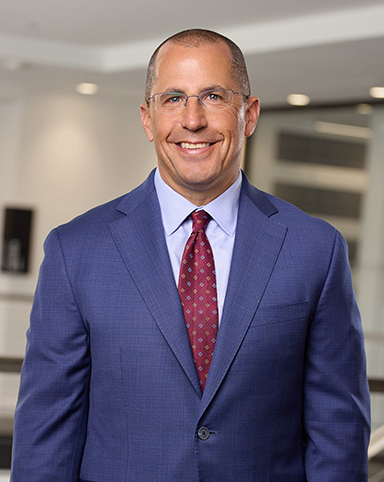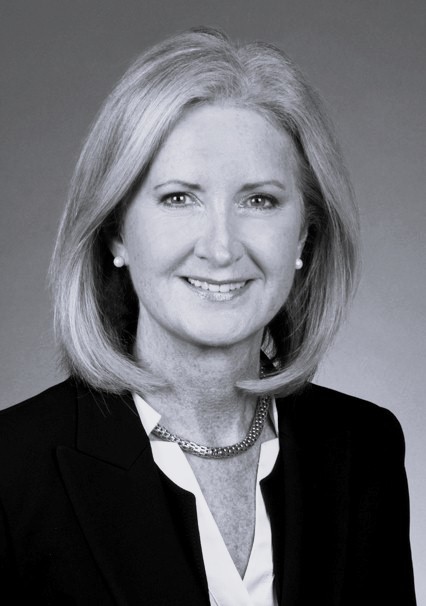
Board member communication is a critical skill that can shape the effectiveness and dynamics of any board. From asking thoughtful questions to influencing decisions through collaboration, how an effective board of directors communicates often determines its success.
This guide is the third in our series exploring proven strategies for helping first-time and seasoned board members refine their communication styles and build stronger connections. If you missed our previous posts, you can find part one here and part two here.
6 Board Member Communication Tips
One of our readers suggested that you think of your first board as if you are being introduced to your spouse-to-be’s family. Maybe that is not the perfect analogy, but first impressions are hard to counterbalance should you make a mistake.
As a board director, how you communicate is just as important as what you do. Successful directors think before they speak and influence their peers instead of making demands. Continue reading for more expert advice on effectively communicating as a board director.
Question in the right way.
Think before you speak. Ask yourself:
- What is my intent?
- What is my objective?
One savvy director says he phrases his questions to promote discussion and allow the board to examine the issue more deeply.
You need not always ask the first question or make the first comment on a topic. There will be times when you can offer more by listening first to what others have to say. As we noted previously, refrain from asking questions merely to get information you should already have; in other words, do your homework so you don’t have to use meeting time to get up to speed. If you have unanswered questions, schedule one-on-one calls or meetings with the CEO or other directors before the meeting and during breaks.
Be time-conscious and make every moment count.
Know what matters and what does not because time is limited. One veteran director comments, “There is always a director who wants to monopolize the conversation and listen to himself talk. Don’t be that person.”
Stick to the essentials for effective board meetings and action. If the conversation derails, gently guide everyone back to the topic. Details matter and often merit discussion, but avoid “the weeds” unless the issue is the weeds. Those are better left to management.
Be open to adapting your board member communication style.
You will have a different kind of authority than a director on your first public board as a CEO, where you have the final say. A board meeting is not a staff meeting where you make unilateral decisions and assign tasks. One director, a managing partner at a private equity firm, confessed that after being on the board of portfolio companies where he didn’t have to share power with others, joining a public board required him to modify his style to stop giving orders and rely more on influence.
Because boards act collectively and not individually, effective directors must act through persuasion, convincing others of the merits—and the risks—of a particular decision. Becoming an influential board member requires understanding how other directors receive and process information. You will never finish refining your ability to influence.
Be careful about how you discuss previous experience.
Use your experience as an executive officer at other companies without constantly referring to it. As one director said, “It is very annoying for someone to continually say, ‘At ABC company, we always did this.’” Constantly bringing up your experience as an executive may turn off management and your fellow directors.
Instead, one veteran director suggests asking open-ended questions that compare strategies. “Could there be a better way to do this?” works much better than “At my company, we do it differently.” Balancing input and collaboration with others is one of the key responsibilities of a board member. This ensures that your experience adds value without overshadowing group dynamics.
Ask for feedback.
Director communication should be on a two-way street, not limited to the boardroom or committee room. Most boards have a formal director evaluation process; let that assessment be an ongoing process and seek out the views of other directors on a range of relevant matters. One of the most valuable things a new director can do is ask for feedback on their board participation after the first or second meeting. If you are talking too much, focusing on the wrong issues, or crossing the line on management responsibilities, learning it quickly to adapt is better. Seeking constructive feedback is a vital step in learning how to be a good board member, helping you identify areas for improvement and build stronger relationships with fellow directors.
Provide feedback—but do it respectfully.
After you have gained experience serving on the board, be a helpful leader to any new directors. An experienced board director suggests providing positive feedback to new board members by starting with positive recognition: “I like the way you did this. However, when you said that, you turned the management off. Is there a better way you could approach that?” Many first-time board directors may be insecure initially; the seasoned director has an opportunity to mentor and guide the new director to be effective. Understanding what makes a good board member involves fostering open communication, offering peer support, and continuously improving your ability to collaborate.
Effective Board Member Communication Can Enhance Your Leadership
Mastering board member communication is essential for building trust, fostering collaboration, and driving effective decision-making within any board. You can elevate your contributions and influence as a director by asking thoughtful questions, adapting your style, and providing constructive feedback.
If you’re ready to enhance your board’s leadership and find directors who excel in communication and collaboration, The Alexander Group can help. Contact us today to learn how our executive search expertise can support your organization’s success.









































